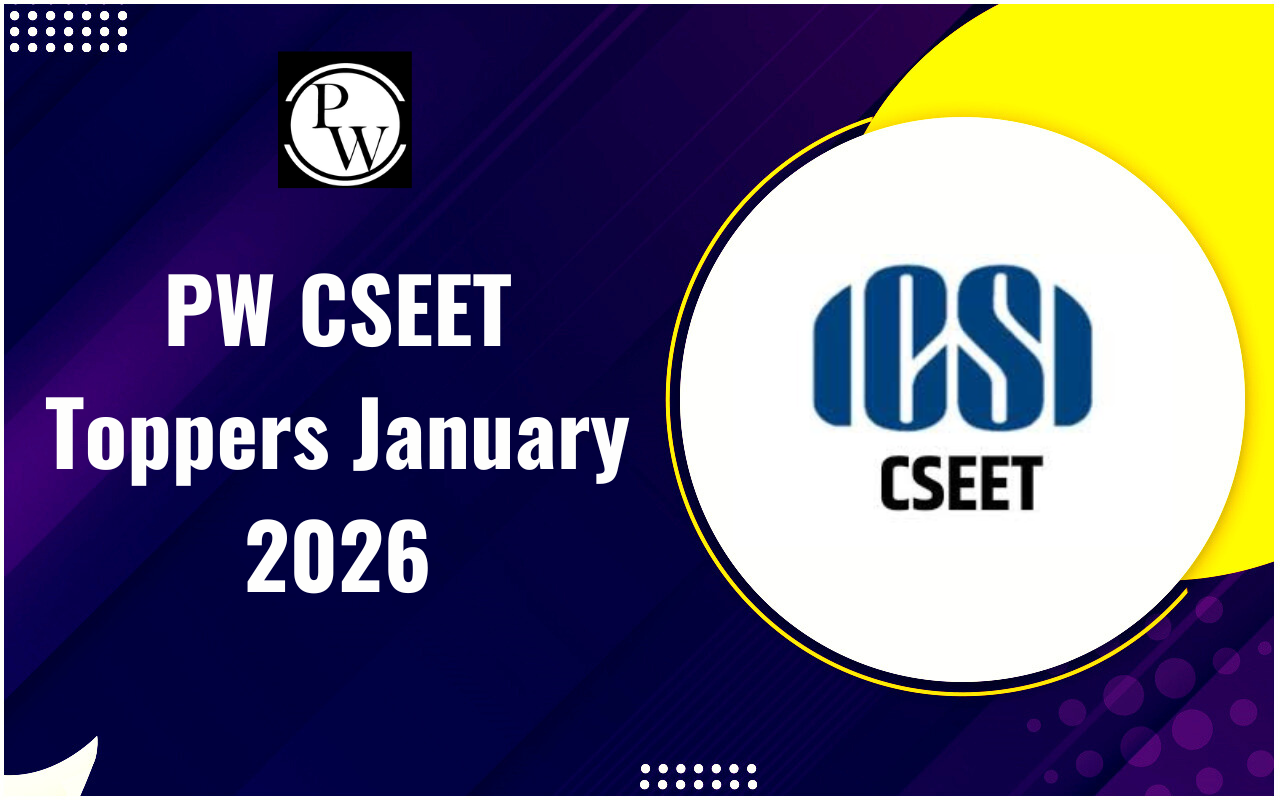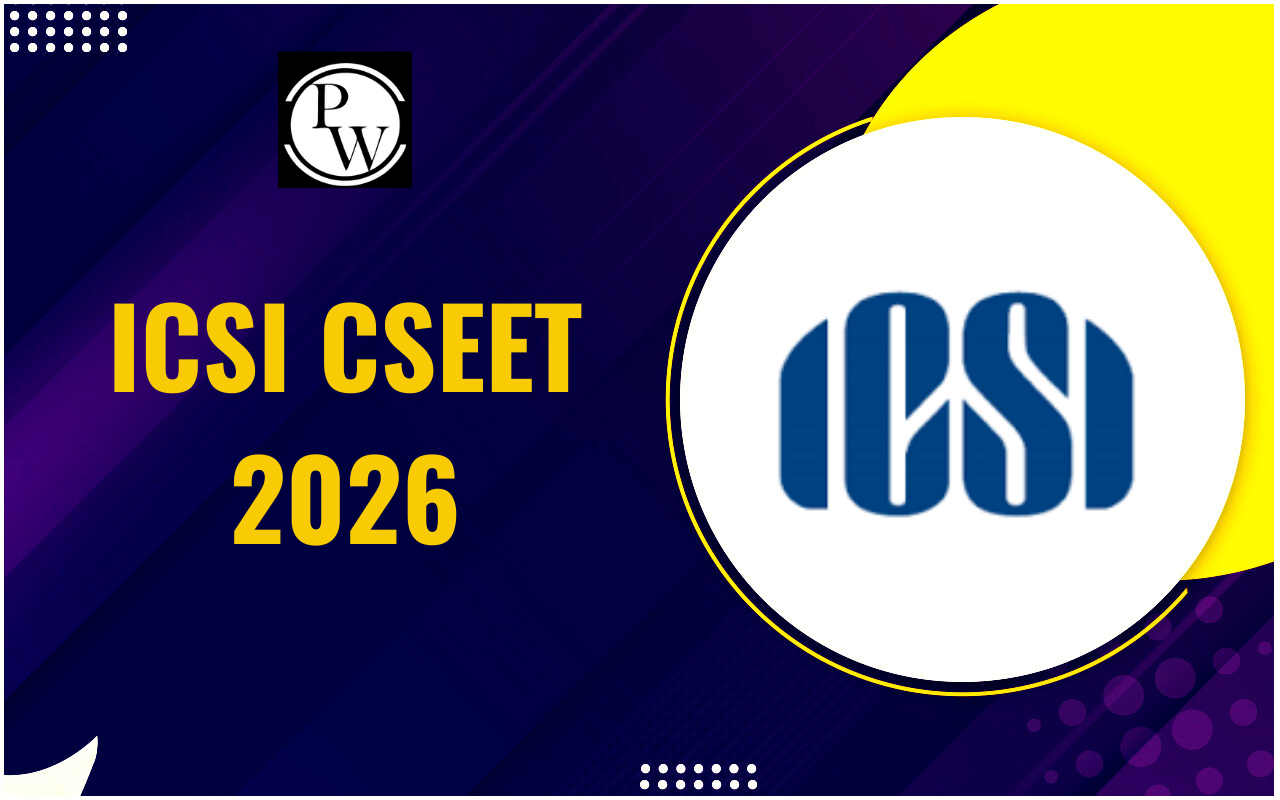
CS Professional Drafting: Creating drafts is seen as the easiest task in the third group of CS Professional. It comprises only 10 chapters. Mastering drafting is crucial for passing in this group because relying solely on the optional subject isn't a reliable strategy. It's possible to achieve an exemption in this subject. This area of study goes beyond just crafting different drafts; it also involves understanding various Acts and Rules.
While some may emphasise the importance of practising different drafts, it's not the only aspect to focus on. Understanding the theory is equally vital. Theoretical knowledge makes up a significant portion of the marks, ranging from 50-60% and sometimes even 80%. Therefore, view this subject as one where you can score well and prepare accordingly. In this article, we’ll talk about CS Professional Drafting and much more!CS Professional Drafting Overview
This subject has been added to the curriculum to help students develop skills in legal drafting, understand the legal framework for appearances in different tribunals, and grasp the basics of pleading principles. The drafting of deeds and documents for various purposes within a company is typically one of the multifaceted responsibilities of a Company Secretary. Therefore, this subject aims to enhance students' knowledge in the areas of drafting, pleading, and appearances.CS Professional Drafting Prerequisites
A prerequisite for this subject is a solid understanding of substantive law. Students are strongly advised to acquire thorough knowledge of substantive law by referring to the Acts mentioned in the study material. Additionally, this paper requires continuous updating regarding substantive and procedural laws, as well as staying informed about the latest judicial pronouncements. It is recommended for students not only to master the principles and applications of drafting and pleadings but also to stay updated on the latest developments. Students must be well acquainted with each concept and its underlying meaning.CS Professional Drafting Important Sections and Company Laws
This topic includes sections from different Acts such as Companies Act, Stamp Act, etc. As there are only a few sections in the entire syllabus, remembering and including them in your answers can earn you extra marks. Additionally, there are crucial case laws that students often overlook. The Institute strategically includes questions about case laws, and mentioning them can also contribute to bonus marks.CS Professional Drafting Presentation
The most crucial aspect of this paper is how students use drafting language and present the draft. Using specific legal and technical terms is essential in draft writing; omitting them may result in no marks. Start each draft on a new page for a neat presentation. Plan what you want to write beforehand to avoid cancelling and re-writing, which can create a negative impression. Skipping questions in between can confuse the examiner. If you begin with Question 1, complete all its sub-questions before moving on to another question.CS Professional Drafting Chapter-Wise Preparation Strategy
Here are some chapter-wise preparation strategies for CS Professional Drafting: Lesson 1 – General Principles of Drafting and Relevant Substantive Rules This lesson aims to help students understand the difference between drafting and conveyancing, general principles of drafting deeds, legal implications, requirements, engrossment, and stamping of a deed, etc. Lesson 2 – Drafting and Conveyancing for Various Deeds and Agreements The goal of this lesson is to make students comprehend and learn drafting for various agreements like arbitration agreements, building contracts, commercial agency contracts, service agreements, etc. Lesson 3 – Drafting and Conveyancing for Various Deeds and Agreements – I This lesson guides students in understanding the meaning and drafting of promissory notes, Power of Attorney types, wills, relinquishment deeds, family settlement deeds, and hire purchase deeds. Lesson 4 – Drafting and Conveyancing for Various Deeds and Agreements – II This lesson helps students understand the meaning and drafting of deeds like sale of immovable property, mortgages and their types, licences, leases, etc. Lesson 5 – Drafting and Conveyancing for Various Deeds and Agreements – III The study lesson delves into assignment, partnership, trust, and gift deeds, providing information on essential requirements for drafting them. Lesson 6 – Drafting and Conveyancing for Various Deeds and Agreements – IV The aim of this lesson is to educate students on drafting writs and legal opinions, helping them understand the meaning and types of writs, special leave petitions, legal opinion writing, etc. Lesson 7 – Drafting of Agreements under the Companies Act This lesson aims to make students appreciate the skills needed for drafting MOA, AOA, company agreements, including shareholders agreements, agreements for the appointment of MD and manager, etc. Lesson 8 – Pleadings This lesson informs students about legal provisions related to drafting pleadings and familiarises them with drafting various petitions/applications under the Civil Procedure Code, appeals, revision applications, etc. Lesson 9 – Appearances The objective of this lesson is to acquaint students with legal provisions regarding appearances before tribunals and drafting written submissions, affidavits of evidence, etc. Additionally, students will learn the importance of the dress code for professionals, etiquettes, and court craft. Lesson 10 – Compounding of Offences This lesson acquaints students with consent orders and provides an understanding of the compounding of offences under the Companies Act, 2013; Foreign Exchange Management Act, 1999; SEBI Act, 1992.CS Professional Drafting Preparation Tips
Since this is a new topic for everyone, it's crucial to start preparing early. The subject involves learning to write different drafts and understanding various theories.- Draft Writing Practice Memorising theory over 3-4 months is challenging, so focus on practising draft writing. There are around 90 types of drafts. Aim to practise two drafts daily, and you'll finish them in about two months. Avoid practising similar drafts repeatedly, but make sure to cover all types. Some drafts, such as Special Leave Petition, Power of Attorney, and Appeal, are essential and require more practice.
- Draft Writing Notebook Create a notebook to jot down formats and key points for each draft.
- Theory Preparation Now, regarding the theory part, it might be boring and time-consuming, but it's a significant portion of the paper. After drafting practice, delve into the theory. Don't just memorise; try to grasp the underlying concepts. Begin with smaller chapters and make your own notes, focusing on important theories for each topic. Remember, theory is essential alongside drafting.
- Reinforcing Understanding To reinforce your understanding, attempt chapter-specific questions after completing each chapter. Compare your answers with logical analyses of the sections.
- Consistency and Revision Patience is key; progress won't happen overnight. Stay consistent, revise the previous day's chapter before starting a new one, and you'll retain the concepts effectively.
CS Professional Drafting Exam Preparation
Due to the need for thorough practice in this subject, planning should be done well in advance. Aim for 2-3 drafts per day for practice, and consider starting with theory if desired. Plan according to your needs, ensuring the syllabus is completed on time with a clear understanding. Set daily goals and focus solely on them until achieved. Effective planning will enable ample time for revision.CS Professional Drafting Important Tips
Professional drafting is an essential skill for a Company Secretary, as it involves preparing various legal documents and communications that are vital for the company's operations and compliance. Here are some important tips for Company Secretary professional drafting:- Understand the Legal Framework: Before drafting any document, it is crucial for a Company Secretary to have a deep understanding of the legal framework and regulatory requirements applicable to the company. This includes company law, securities regulations, and other relevant laws.
- Clarity and Precision: Documents drafted by a Company Secretary should be clear, concise, and precise. Avoid using complex language or unnecessary jargon that may confuse the readers. The goal is to convey information in a straightforward manner.
- Keep Informed: Laws and rules change often. A Company Secretary must stay current with the latest updates to make sure documents follow the current laws.
- Tailor to Company: Each company is different. Customise documents to match the unique needs and traits of the company. Avoid generic templates without adapting them to the company's situation.
- Detail Matters: Pay close attention to details in each document. Small mistakes can lead to big consequences. Double-check facts, numbers, and legal references for accuracy.
- Review and Edit: Before finalising any document, carefully review and edit it. Consider getting input from legal experts or relevant stakeholders to ensure it meets all requirements.
CS Professional Drafting FAQs
What role does drafting play in the day-to-day responsibilities of a Company Secretary?
Drafting is a fundamental aspect of a Company Secretary's responsibilities. It involves preparing legal documents, resolutions, and communications essential for corporate governance, compliance, and decision-making within the company.
How does a Company Secretary ensure that drafted documents align with the company's unique characteristics?
Company Secretaries tailor documents to the specific needs of the company by avoiding generic templates. Customization involves considering the company's structure, industry, and compliance requirements to produce documents that accurately reflect its circumstances.
Can a Company Secretary use standard templates for drafting to save time?
While templates can be useful as starting points, blindly using standard templates without customization is not advisable. Each company is unique, and documents must be carefully tailored to comply with the latest legal requirements and reflect the company's distinct features.
What steps should a Company Secretary take to maintain confidentiality in the drafting process?
Maintaining confidentiality is crucial. Company Secretaries should limit access to sensitive information, use secure communication channels, and ensure that documents are shared only with authorised individuals within the company or its legal counsel.
Are there any specific considerations when drafting resolutions for board or shareholder meetings?
Yes, drafting resolutions requires precision. Company Secretaries must accurately capture decisions made during meetings, ensuring that resolutions comply with legal requirements. It's crucial to convey complex decisions clearly and understandably for all stakeholders involved.
🔥 Trending Blogs
Talk to a counsellorHave doubts? Our support team will be happy to assist you!

Check out these Related Articles
Free Learning Resources
PW Books
Notes (Class 10-12)
PW Study Materials
Notes (Class 6-9)
Ncert Solutions
Govt Exams
Class 6th to 12th Online Courses
Govt Job Exams Courses
UPSC Coaching
Defence Exam Coaching
Gate Exam Coaching
Other Exams
Know about Physics Wallah
Physics Wallah is an Indian edtech platform that provides accessible & comprehensive learning experiences to students from Class 6th to postgraduate level. We also provide extensive NCERT solutions, sample paper, NEET, JEE Mains, BITSAT previous year papers & more such resources to students. Physics Wallah also caters to over 3.5 million registered students and over 78 lakh+ Youtube subscribers with 4.8 rating on its app.
We Stand Out because
We provide students with intensive courses with India’s qualified & experienced faculties & mentors. PW strives to make the learning experience comprehensive and accessible for students of all sections of society. We believe in empowering every single student who couldn't dream of a good career in engineering and medical field earlier.
Our Key Focus Areas
Physics Wallah's main focus is to make the learning experience as economical as possible for all students. With our affordable courses like Lakshya, Udaan and Arjuna and many others, we have been able to provide a platform for lakhs of aspirants. From providing Chemistry, Maths, Physics formula to giving e-books of eminent authors like RD Sharma, RS Aggarwal and Lakhmir Singh, PW focuses on every single student's need for preparation.
What Makes Us Different
Physics Wallah strives to develop a comprehensive pedagogical structure for students, where they get a state-of-the-art learning experience with study material and resources. Apart from catering students preparing for JEE Mains and NEET, PW also provides study material for each state board like Uttar Pradesh, Bihar, and others
Copyright © 2026 Physicswallah Limited All rights reserved.









